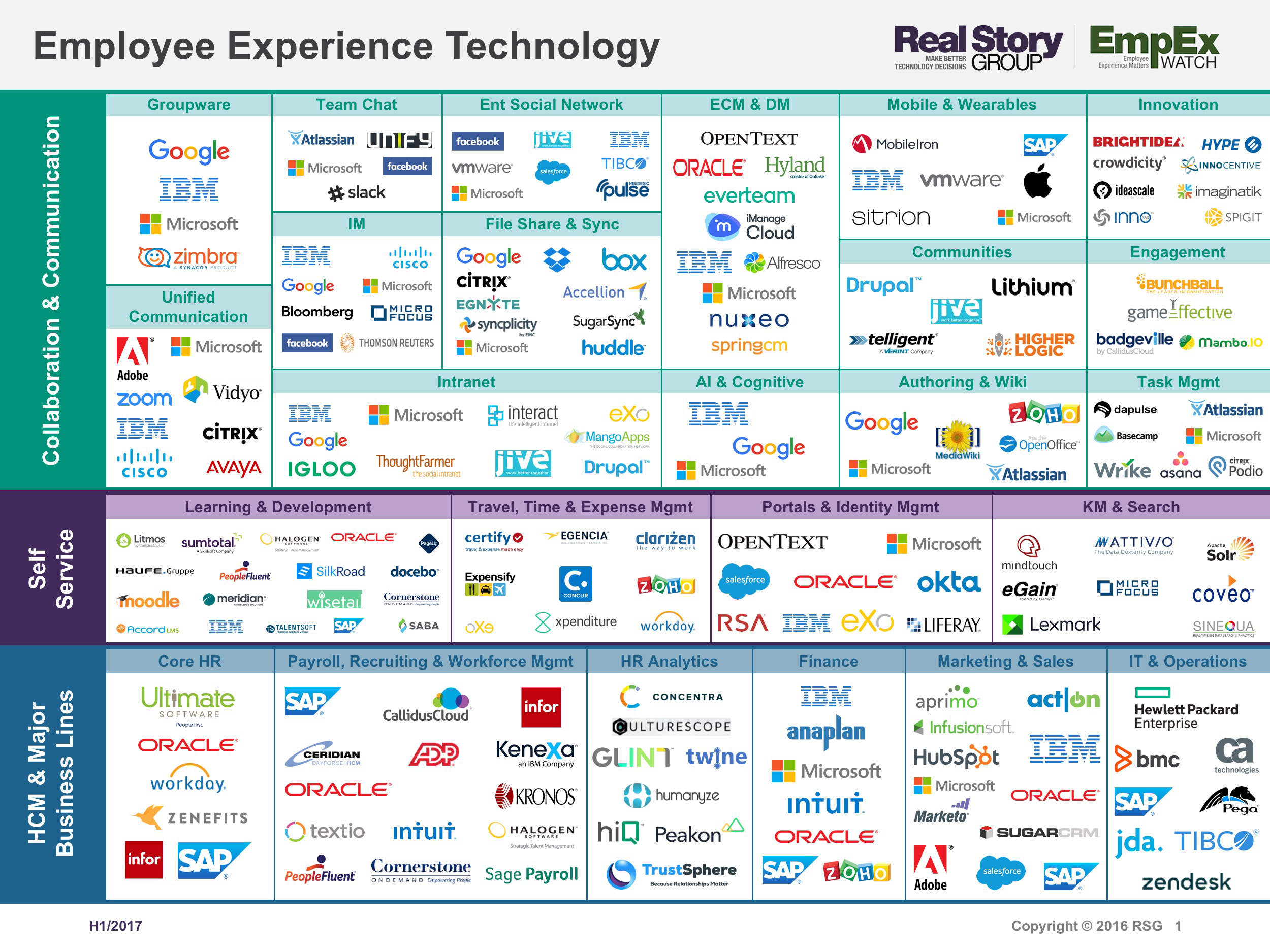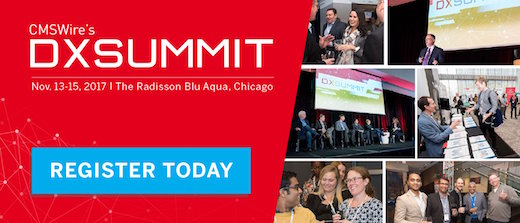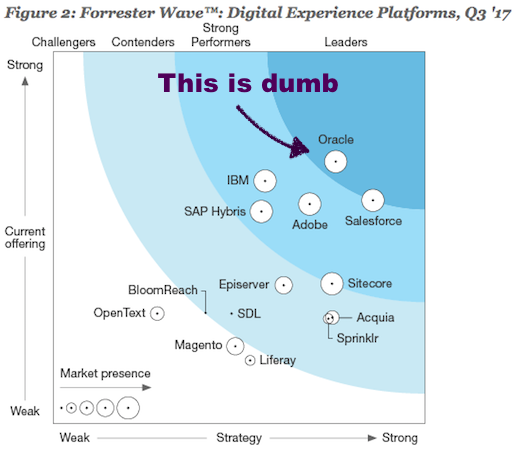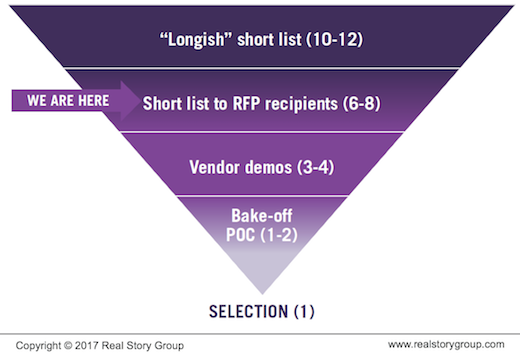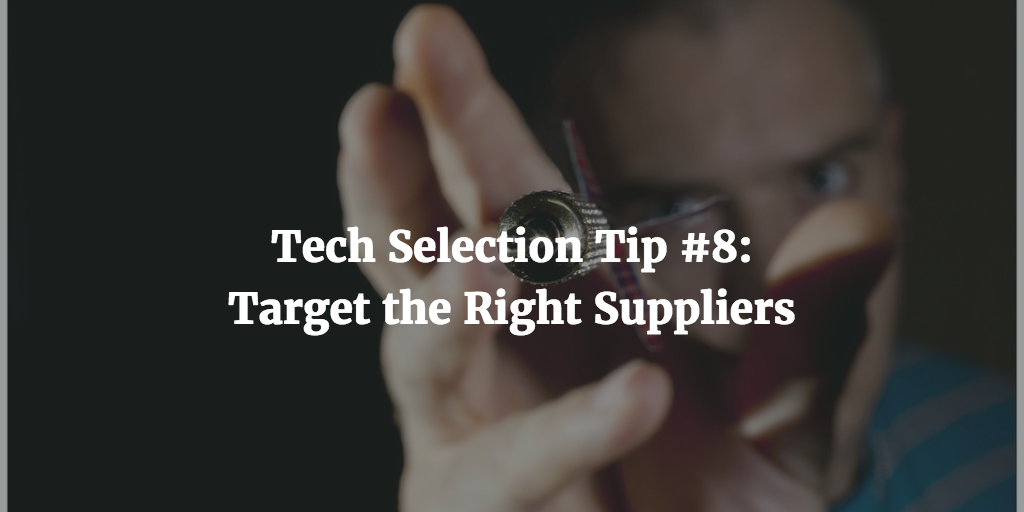When portal platforms aren't true SOA
In our Enterprise Portals Report evaluations, we point out that vendors who tightly couple their portal offerings to other pieces of their underlying platforms can't call themselves truly Services Oriented Architecture (SOA) -ready. This has been a problem for the MOI (Microsoft, Oracle, IBM) portal offerings in particular, which have historically seen dependencies at multiple tiers: appserver (all three), database (Oracle Portal -- now deprecated), and even operating system (SharePoint).
As you might expect, MOI portal product managers sent us testy responses. Suggesting a portal product is less than "fully SOA-enabled" evidently touches a raw nerve with vendors. We replied in turn that savvy customers believe SOA is more about the flexibility and opportunities that loose coupling affords, and less about, say, available WSDL files.
Thankfully, now we can just point them to this handy posting by ZDNet blogger Joe McKendrick, "Ten ways to tell it's not SOA." (Hat-tip to Dion Hinchcliffe.) In particular, check out #8, and this commenter's useful extension of the notion of "platform."
Portals can indeed play an important role in your SOA strategy, but only when they don't make you lock in to other proprietary platforms.




